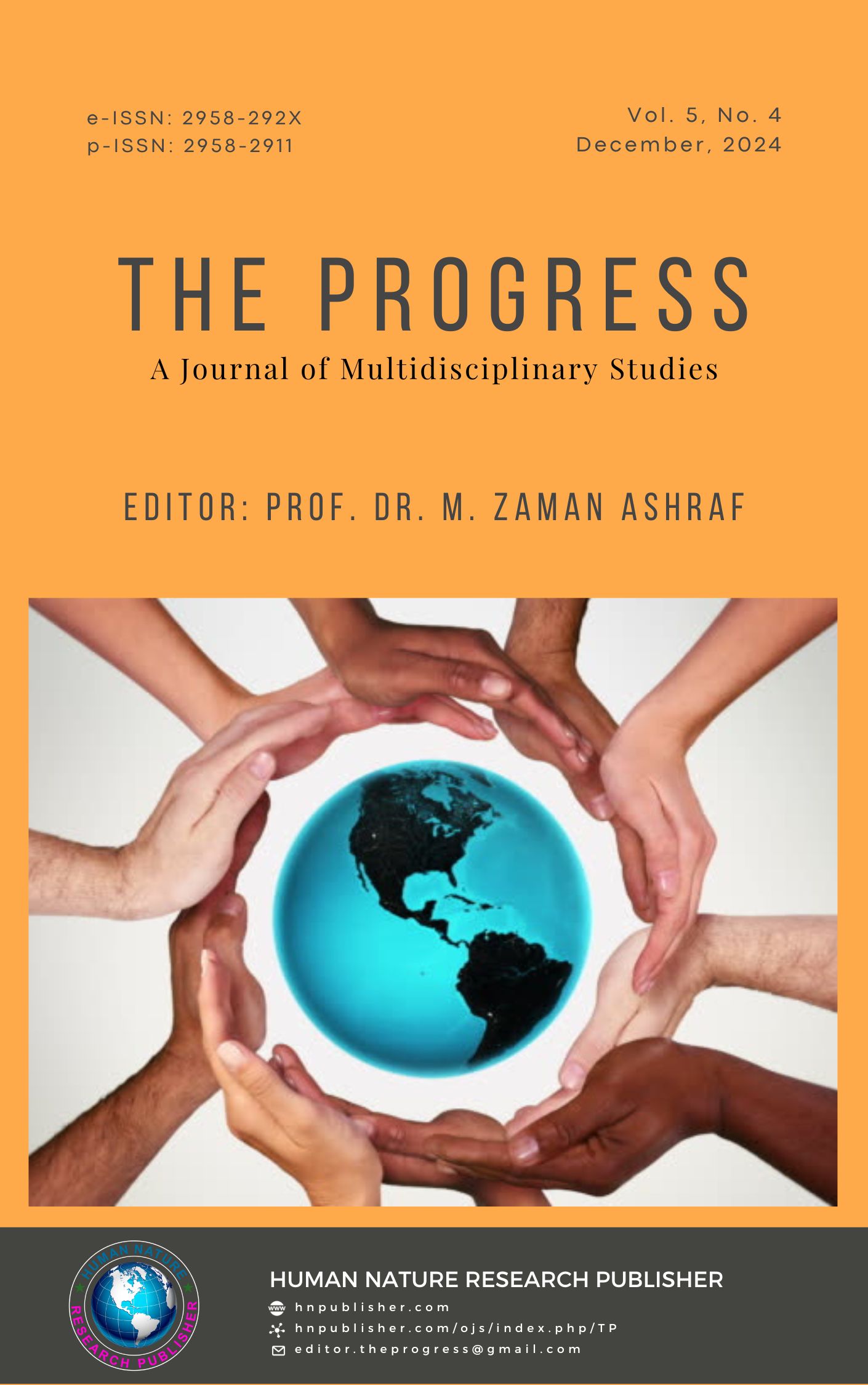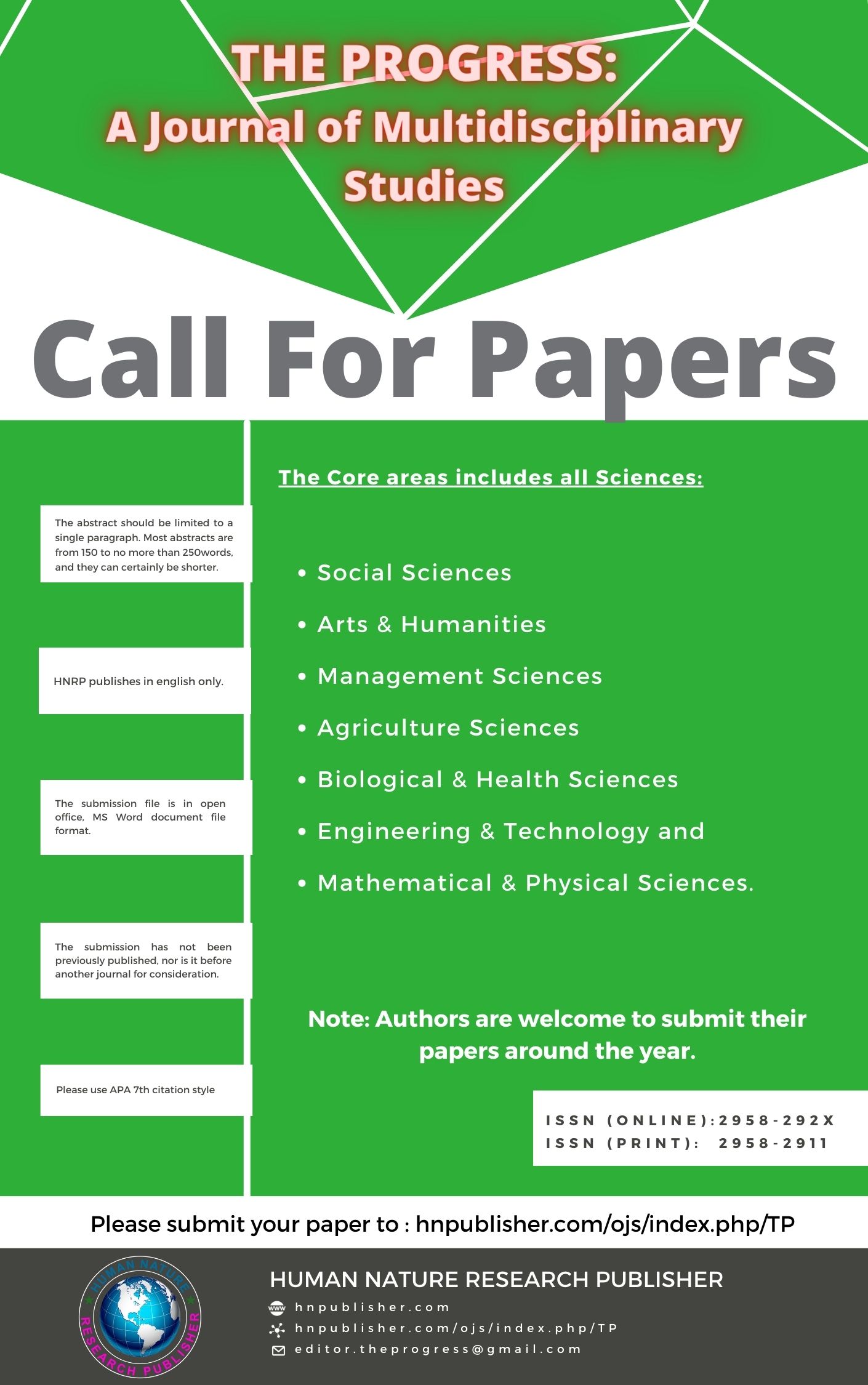The Perceptions of Indigenes on the Impacts of Rising Sea Level on Coastal Erosion and Flooding in Nigeria Coastal Communities
DOI:
https://doi.org/10.71016/tp/rf9z4f51Keywords:
Sea Level Rise, Coastal Erosion, Flooding, Coastal Ecosystems, Climate Change AdaptationAbstract
Aim of the Study: Significant risks to coastal ecosystems and biodiversity are posed by sea level rise which impact coastal erosion, and floods to cause hazards, which will have a substantial impact on human livelihoods. This study investigates the perceptions of the indigenous people and their views on the subject matter.
Methodology: The methodology of the research was descriptive statistics like simple percentage and graphs for analysis. The research developed a questionnaire containing 6 questions. The target populations are the Coastal communities in the Niger Delta and Lagos. Sample size of the study was 450 respondents.
Findings: The results of this study have important consequences for the livelihoods of people who depend on these ecosystems, since they emphasize the disastrous impact of coastal erosion, flooding, and sea level rise on habitats, species extinction, and food chains in the marine environment. Current adaptation and mitigation measures have limitations and unintended consequences, and funding and community engagement are often insufficient. To address these challenges, researcher recommend integrated coastal zone management and planning, ecosystem-based adaptation, and community-led adaptation, as well as innovative financing mechanisms and funding models.
Conclusion: Early warning systems and flood-risk communication can help reduce the impacts of flooding, while relocation and retreat strategies for high-risk areas and climate-resilient urban design are also necessary. Research and development of new technologies and solutions, such as sea-level rise modeling and coastal restoration are vital, and addressing the root causes of climate change through mitigation efforts is critical. International cooperation and agreements, such as the Paris Agreement, are essential for global action on climate change. Finally, recognizing the cultural and spiritual significance of coastal ecosystems for indigenous communities and incorporating their knowledge and perspectives in adaptation and mitigation efforts is crucial.
Downloads
Published
Issue
Section
License
Copyright (c) 2024 Alexander Chinago Budnukaeku (Author)

This work is licensed under a Creative Commons Attribution-NonCommercial 4.0 International License.








